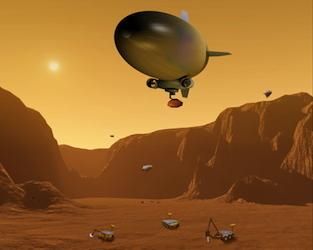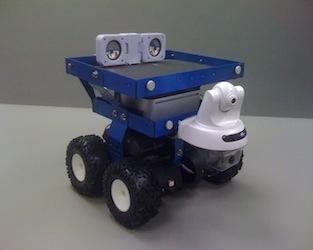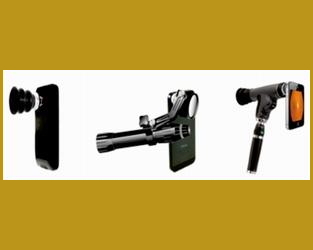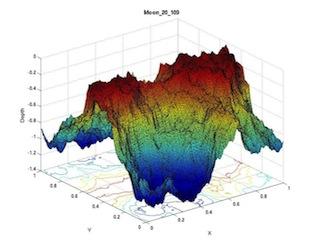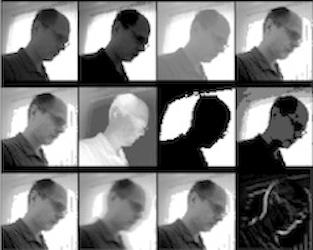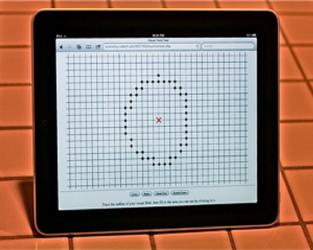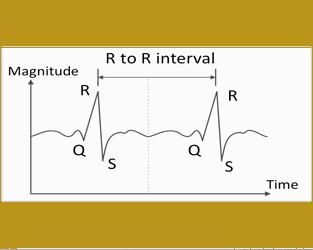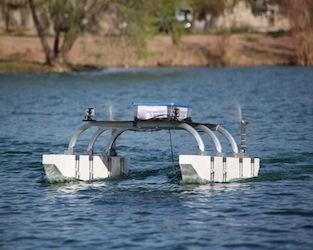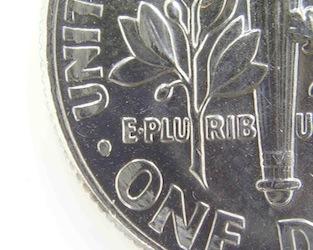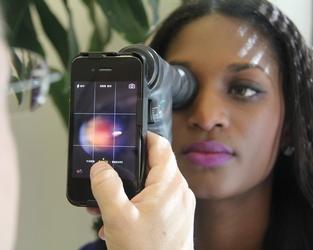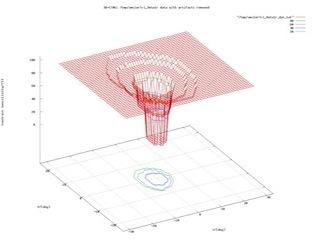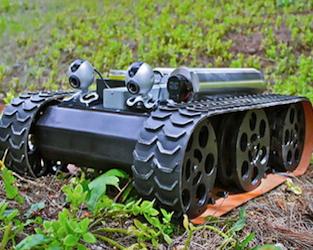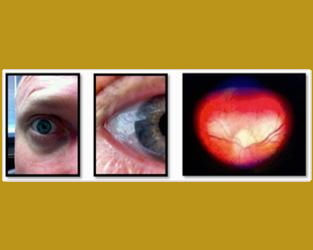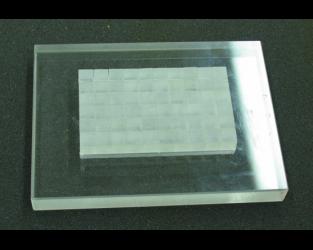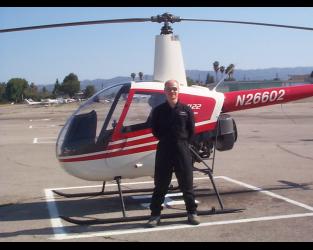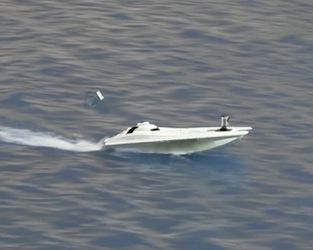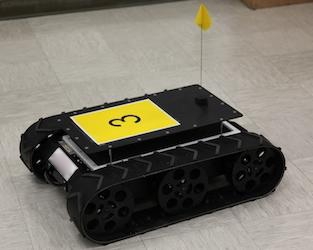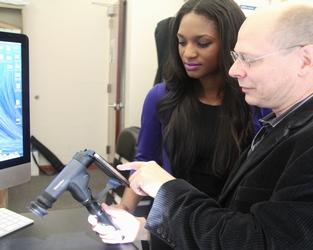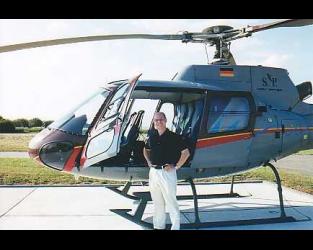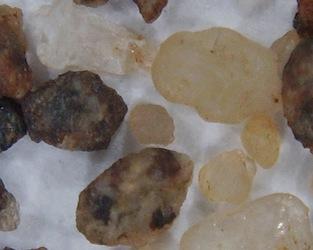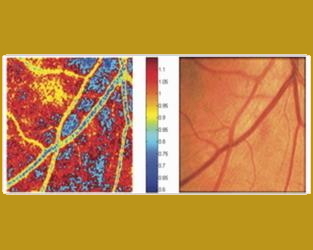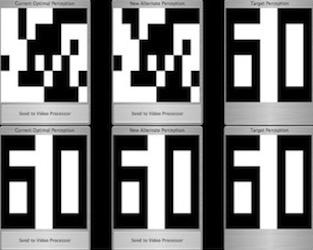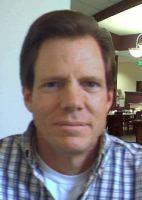Prof. Dr. Wolfgang Fink is a German-American theoretical physicist and the inaugural Edward & Maria Keonjian Endowed Chair of Microelectronics (em.) at the University of Arizona, having held joint appointments in the Departments of Electrical & Computer Engineering, Biomedical Engineering, Systems & Industrial Engineering, Aerospace & Mechanical Engineering, and Ophthalmology & Vision Science. Pursuing a trans-disciplinary systems engineering approach in “smart” cyber-physical service systems in general, he has focused his research and technology development efforts on biomedical engineering for healthcare (especially ophthalmology and vision care), human-computer interfaces (artificial vision implants), smart platforms for mobile- and tele-health, autonomous systems (robotics for space/hazardous environments), and computer-optimized design. Dr. Fink pursues an opportunistic approach from conceptualization, subsequent development, to eventual generation of publications, intellectual property (IP), and commercialization. As a result, he has over 270 publications (including journal, book, and conference contributions), 6 NASA Patent Awards and 5 Techbrief Awards, as well as 32 U.S. and foreign patents awarded to date (numerous additional patents pending) in areas such as: biomedical/ophthalmic devices and tests; neural stimulation; nano-ultra-capacitors for implantable devices; MEMS fabrication; signal processing; data fusion, analysis, and anomaly detection; autonomous (robotic) systems; soft robotics; multicopter flight duration enhancement; traverse optimization; vehicular safety; network-on-chip design; and multi-objective optimization. He has co-founded two startup companies in the ophthalmic sector.
Trained as a theoretical physicist, Dr. Fink has actively sought out collaboration with experts in medical technology and healthcare, planetary science, aerospace, and systems design throughout his career. This is further emphasized by his affiliations with three major universities and one Federally Funded Research and Development Center (FFRDC): UArizona (2009-present), California Institute of Technology (1998-2016), NASA’s Jet Propulsion Laboratory (2001-2009), and University of Southern California (2001-2014), as well as his cross-disciplinary appointments in the College of Engineering at the UArizona. He has been an integral part of large-scale, multi-institutional, collaborative and multi-disciplinary research enterprises: The DOE-funded Artificial Retina Cooperative Research and Development Agreement (CRADA, $63 million), the NSF-funded Biomimetic MicroElectronic Systems Engineering Research Center ($37 million), and the Center for Evolutionary Computation and Automated Design (CECAD, $4 million) at NASA’s Jet Propulsion Laboratory. Moreover, in recognition of his research accomplishments, Dr. Fink is a NAI Lifetime Fellow, ARVO Fellow, SPIE Lifetime Fellow, PHMS Fellow, AIMBE Fellow, the 2015 da Vinci Fellow and 2017 ACABI Fellow of the UArizona, a Senior Member IEEE, and the current Vice President of the Prognostics and Health Management (PHM) Society. He has taken on numerous leadership roles in professional societies (e.g., SPIE, IEEE, ARVO, PHM Society), and serves as an Editorial Board Member of the International Journal of Prognostics and Health Management. As an educator, he has created two courses that provide a solid foundation for the next generation of scientists/engineers. His commitment to STEM education in general, and underrepresented minorities and women in STEM in particular, has been recognized by the University Excellence in STEM Diversity Award in 2016, which is further corroborated by his role as a Senator of the Faculty Senate. Moreover, he is the current Chair of the Committee of Eleven as well as a Member of the Research Policy Committee of the University of Arizona. Dr. Fink maintains an active, public outreach program to communicate science and engineering concepts as well as research accomplishments to the general public and funding agencies. Most recently, he was named the recipient of the 2023 inaugural University Faculty Service Award - one of the highest honors at the UArizona - “This award recognizes University of Arizona faculty who have made exceptional contributions to our service mission, within their department or college, across campus, or in their scholarly community around the world,” and, specifically for "astonishing commitment to STEM education by expanding the involvement of underrepresented groups and women in STEM fields.”
In 2002 Dr. Fink received the NASA Space Flight Awareness (SFA) Launch Honoree Award for his work in support of NASA’s human spaceflight program. In 2005 he was the co-recipient of the Silver “Humies” Award for demonstrating Human Competitive Performance from the Genetic and Evolutionary Computation Conference (GECCO). In 2006 he won 1st place in the International “Huygens Probe” Optimization Competition, held at the IEEE World Congress on Computational Intelligence (WCCI) in Vancouver, Canada. Throughout his tenure at JPL and Caltech he received 6 NASA Patent Awards and 5 Techbrief Awards. In July 2009, Dr. Fink was named co-recipient of the R&D Magazine’s R&D 100 Award and subsequently in November 2009 he was also named co-recipient of the R&D Magazine’s R&D 100 Editors’ Choice Award (the highest of the R&D 100 Awards in 2009), both for the DOE-funded Artificial Retina Project. Furthermore, in November 2009 he received the NASA Space Act Board Award for his pioneering work on a novel autonomous space exploration paradigm: Tier-Scalable Reconnaissance (TSR). In August 2021, Dr. Fink was named co-winner of the DOE/NREL-sponsored $200,000 E-ROBOT Prize (Phase 1), an American-Made Challenge, for devising a patent-pending robotic building envelope retrofit solution to reduce the energy footprint of the nation’s building infrastructure (causing 39% of total national energy usage), by improving the energy performance of existing buildings, thereby addressing the worldwide climate & energy crisis. Most recently, Dr. Fink was honored with the prestigious 2023 SPIE Aden and Marjorie Meinel Technology Achievement Award “for pioneering, sustained contributions to the development of transformational opto-medical examination and device technologies, with particular focus on visual prostheses for the blind, ophthalmology, and tele-ophthalmology.” Dr. Fink is a commercially rated helicopter pilot.




